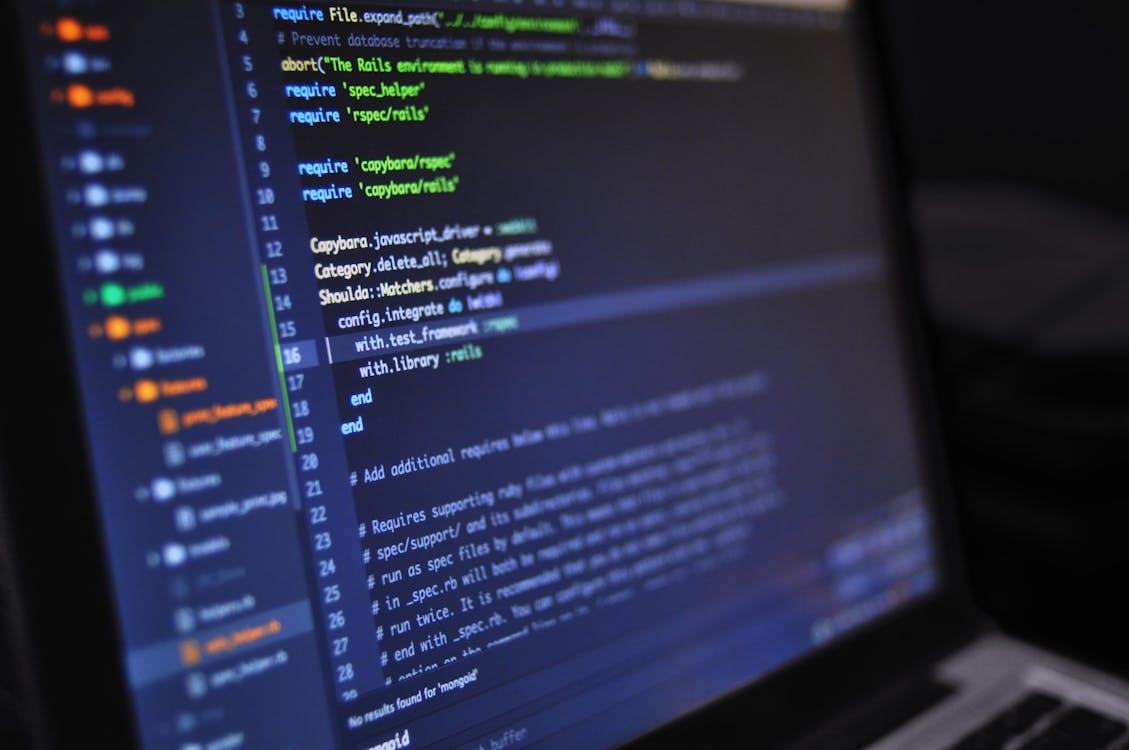The Programmer's Lifestyle: Balancing Work and Wellness
As a programmer, your work is essential, but it's equally important to prioritize your well-being. Maintaining a healthy lifestyle can contribute to your productivity, creativity, and overall satisfaction with your work. In this article, we'll explore some key aspects of the programmer's lifestyle and provide tips for finding the right balance between work and wellness.
1. Prioritize Physical Activity
Sitting at a desk for extended periods can take a toll on your physical health. It's crucial to incorporate regular exercise into your routine. Consider the following:
- Take short breaks every hour to stretch or take a walk.
- Engage in physical activities you enjoy, such as jogging, cycling, or yoga.
- Consider using standing desks or adjustable workstations to reduce prolonged sitting.
2. Foster Mental Well-being
Programming often involves intense concentration and problem-solving, which can be mentally exhausting. Taking care of your mental health is crucial:
- Practice mindfulness techniques like meditation or deep breathing exercises.
- Take regular breaks to clear your mind and avoid burnout.
- Engage in hobbies or activities that bring you joy and relaxation outside of work.
3. Establish Work-Life Balance
Maintaining a healthy work-life balance is vital to prevent burnout and maintain long-term productivity. Consider these suggestions:
- Set boundaries by defining specific work hours and stick to them.
- Avoid checking work-related emails or messages during personal time.
- Schedule regular breaks and vacations to recharge and rejuvenate.
4. Nurture Continuous Learning
The field of programming is constantly evolving, and keeping up with new technologies and trends is essential for professional growth. Embrace a learning mindset:
- Set aside time for self-study and explore new programming languages or frameworks.
- Engage with the programming community through forums, blogs, or conferences.
- Consider participating in coding challenges or joining open-source projects to enhance your skills.
5. Build a Supportive Network
Connecting with other programmers can provide invaluable support and foster personal and professional growth:
- Join local tech meetups or online communities to meet like-minded individuals.
- Attend conferences or workshops to network and exchange knowledge.
- Participate in mentorship programs to learn from experienced professionals.
Conclusion
The programmer's lifestyle goes beyond code and computers. By prioritizing physical and mental well-being, establishing a work-life balance, nurturing continuous learning, and building a supportive network, you can lead a fulfilling and sustainable career in programming.
Remember, taking care of yourself is not a luxury but an investment in your personal and professional success.
We hope these tips help you achieve a balanced lifestyle as a programmer. Feel free to share your own experiences and suggestions in the comments below.
Happy coding and living a healthy programmer's lifestyle!
